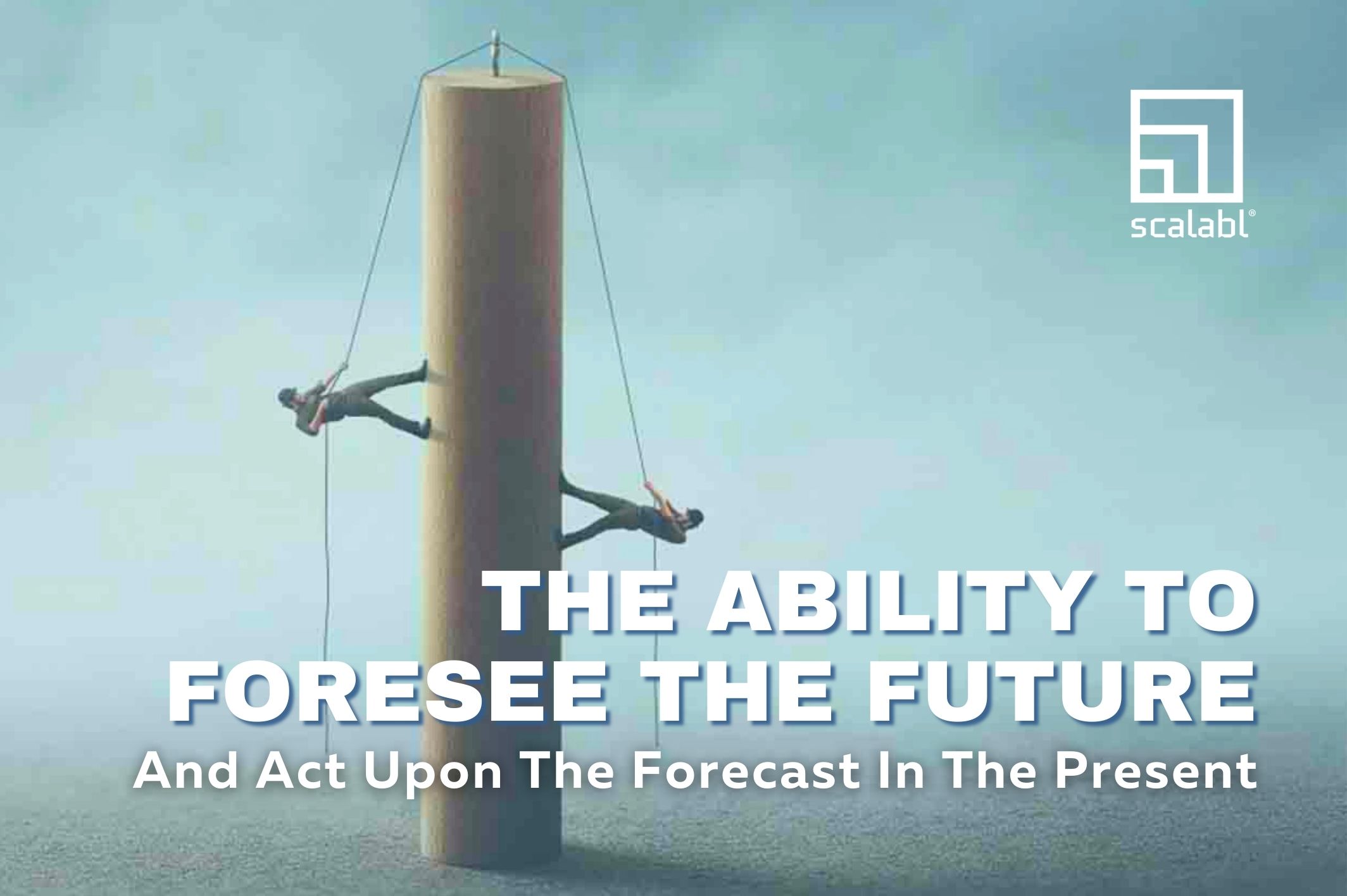
One of the most powerful traits of Scalabl’s methodology is the ability to become a very receptive agent to the immense amount of stimuli reaching us from the outside and from inside ourselves. To quit the automatic or impulsive mechanisms of reaction, the inertia and biases in our learning.

Life is a flow of millions of events happening at the same time, and only by working on being attentive and decodifying the largest amount possible of loose data, we can be millionaires in information.
With information as substance and methodology as framework through which we manage it, our ability to make things possible is enormous.
The world moves towards an economy of knowledge, and the ability to timely identify others’ needs, as well as the group of productive factors that is more appropriate to satisfy them, is an important source of wealth in modern society.
That ability to truly connect with others’ needs and problems is not a part of the formal business education, which focuses on the intellectual part and leaves aside - as Francisco Santolo always remarks - the two main components of a business: the relational and the emotional.
Sitting far away and looking at our training sessions from the outside, in different countries, has always been to me like a show that comprises all the nuances of our humanity. All the diversity that exists in this world is reflected on very small things - clothing, food, schedules or certain interpretations of manners, habits, gestures. Then, the Scalabl adventure exposed common denominators that I, at least in that privileged spot of the spectator, discovered about those unattended aspects when talking about, thinking about and making business:
We all, in every country, remain silent, protecting our vulnerability in the face of the same questions, we reply rampantly, full of certainties in the same moments, we look at each other with the same uncertainty and doubts, and we all laugh at the same situations.
This is why the intellectual tools of the Scalabl methodology are crossed by mechanisms that take into account what the brain does when an emotion is produced - independent from conscious knowledge, but predisposing of others’ actions - as well as the intrinsic desire that we human beings feel to genuinely connect with others, to feel valued and loved.
Meanwhile, I face every day the challenge to manage our business-model company in constant evolution, and to lead the best team I could have imagined, in order to, methodologically, bring to reality each of our models. I have the pleasure to receive constant support from Francisco, who pushes me to combine logic and imagination in order to nourish my reasoning in the decision-making process.
Understanding tomorrow’s economy, which companies will thrive in the future, which jobs will be needed in those organizations, what knowledge will be necessary to manage that labor and the enormous amount of factors that touch the human being in its wealth-producing condition, are his subjects of reflection and study every day, every hour, with every new piece of data that knocks at his senses and can be incorporated in his mental model for the understanding of reality.
I celebrate every day having built this team, where we combine the ability to foresee the future, and the learning process to execute that anticipation in the present time.
The current context challenges us and puts our operations in check, as it happens to many companies, but our methodology for the generation of flexible business models opens the opportunity to redesign solutions for the same problems, or others that affect many people in the world. More than ever, I’m convinced of the impact power of the work we carry out at SCALABL® sharing with more and more people in the world our way of thinking and making business. I share with you some of my reflections about the value of the methodology that helped us face this global crisis, as well as the work dynamics through which we applied them as a team with Francisco Santolo.